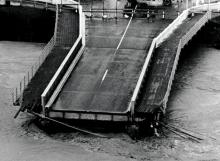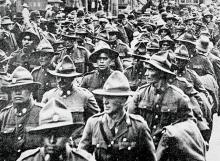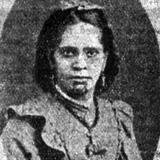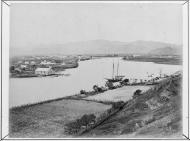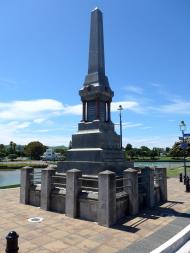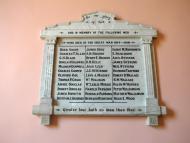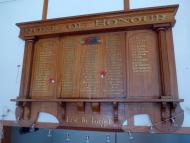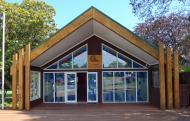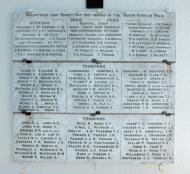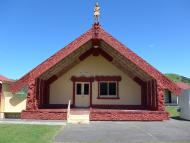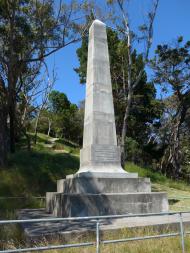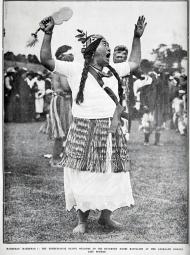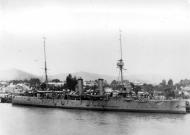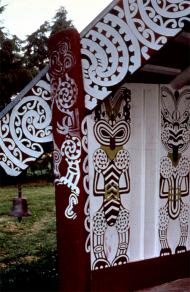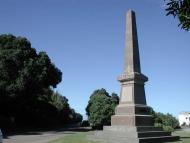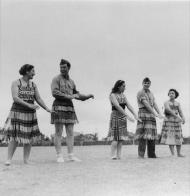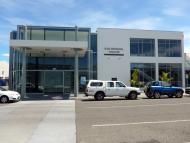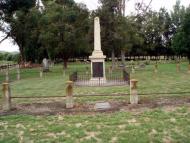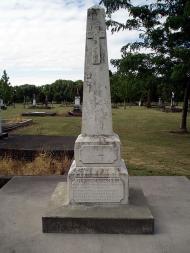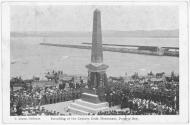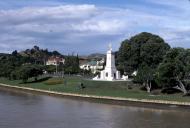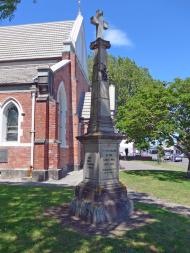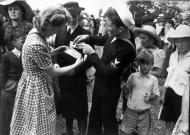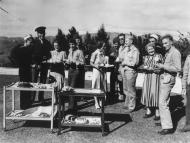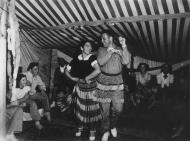Cyclone Bola, one of the most damaging cyclones to hit New Zealand, struck Hawke’s Bay and Gisborne–East Cape in March 1988
Gisborne
Events In History
6 April 1919
The Maori (Pioneer) Battalion was one of only three New Zealand Expeditionary Force formations – and the only battalion – to return from the First World War as a complete unit.
Articles
Regional rugby
The passion and parochialism of provincial rugby helped give the game a special place in New Zealand’s social and sporting history. Read brief histories, highlights and quirky facts about each of New Zealand's 26 regional rugby teams. Read the full article
Page 14 - Poverty Bay rugby
History and highlights of rugby in the Poverty Bay
Gisborne (previously known as Tūranga) is the only city in the East Coast region. Gisborne was the region’s first Pākehā settlement and has always been by far the largest. In 1831 John Harris set up the first trading station in Tūranga on behalf of a Sydney firm. The founding of the town is attributed to G. E. Read, who settled on the Kaiti (east) side of the river in 1852, but later built stores on the west bank. Over the next 30 years other traders and missionaries also came. Conflict in Poverty Bay in 1865–66 drew the government’s attention to the strategic position of the settlement, and in 1868 the government bought 300 hectares of land for a town site. Rapid development came towards the end of the century on the back of a thriving pastoral hinterland. Two freezing works and many other industries were established. The city celebrated the bicentennial of Cook’s landing with great enthusiasm in 1969.
Meaning of place name
To early Māori the Gisborne area was known as Tūranganui-a-Kiwa. Kiwa was the captain aboard the Tākitimu canoe, which, like the Horouta, made landfall at the Tūranganui River. Later known as Tūranga but named Gisborne, after the then colonial secretary, and to avoid confusion with Tauranga.
